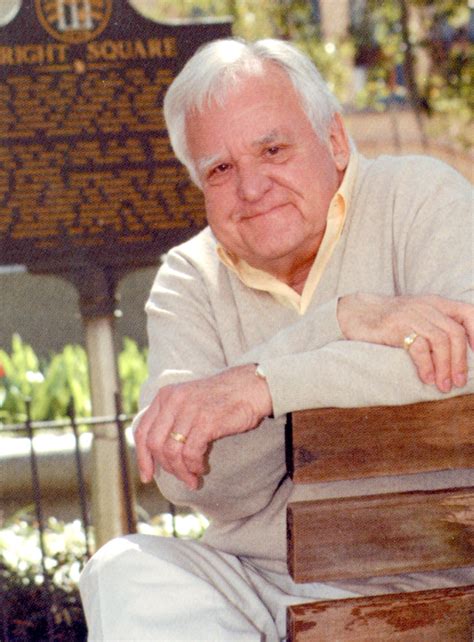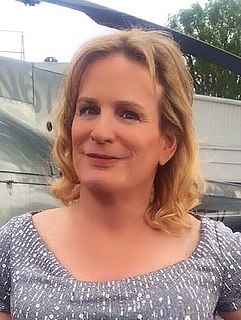A Quote by Robert Darnton
In 2002, Google began an ambitious project to digitize every book in the world. It was intended as a search project: type in a query, and Google would show you snippets. They asked university libraries for books, which they would scan for free. At Harvard we didn't permit them to take works under copyright, but other libraries gave them everything.
Related Quotes
I have always had a special affinity for libraries and librarians, for the most obvious reasons. I love books. (One of my first Jobs was shelving books at a branch of the Chicago Public Library.) Libraries are a pillar of any society. I believe our lack of attention to funding and caring for them properly in the United States has a direct bearing on problems of literacy, productivity, and our inability to compete in today's world. Libraries are everyman's free university.
I wish that Google would realize its own power in the cause of free speech. The debate has been often held about Google's role in acceding to the Chinese government's demands to censor search results. Google says that it is better to have a hampered internet than no internet at all. I believe that if the Chinese people were threatened with no Google, they might even rise up and demand free speech - free search and links - from their regime. Google lives and profits by free speech and must use its considerable power to become a better guardian of it.
We know that Google Earth and Google Maps have had a tremendous impact on Google traffic, users, brand, adoption, and advertisers. We also know Google News, for example, which we don't monetize, has had a tremendous impact on searches and on query quality. We know those people search more. Because we've measured it.
Libraries are at a cultural crossroads. Some proffer that libraries as we know them may go away altogether, ironic victims of the information age where Google has subverted Dewey decimal and researchers can access anything on a handheld device. Who needs to venture deep into the stacks when answers are but a click away?
Google Now is one of those products that to many users doesn't seem like a product at all. It is instead the experience one has when you use the Google Search application on your Android or iPhone device (it's consistently a top free app on the iTunes charts). You probably know it as Google search, but it's far, far more than that.
I could Google image search 'the sky' and I would probably see beautiful images to knock my socks off. But I can't Google, you know, 'What does my friend look like today?' For you to be able to take a picture of yourself that you feel good enough about to share with the world - I think that's a great thing.
The thing which attracted me to Google and to the Internet in general is that it's a great equalizer. I've always been struck by the fact that Google search worked the same, as long as you had access to a computer with connectivity, if you're a rural kid anywhere or a professor at Stanford or Harvard.






































